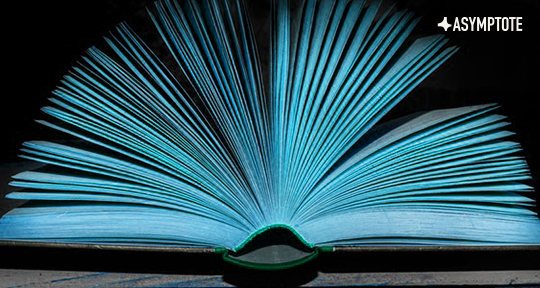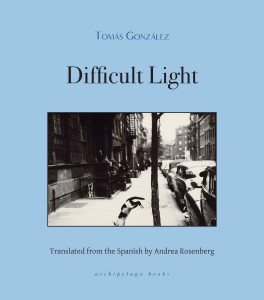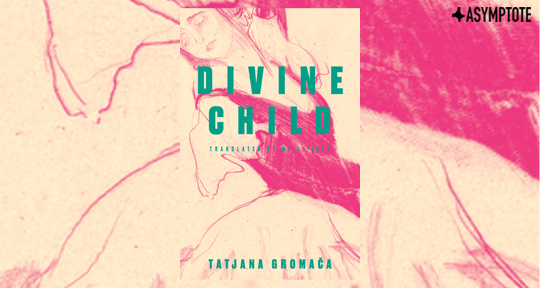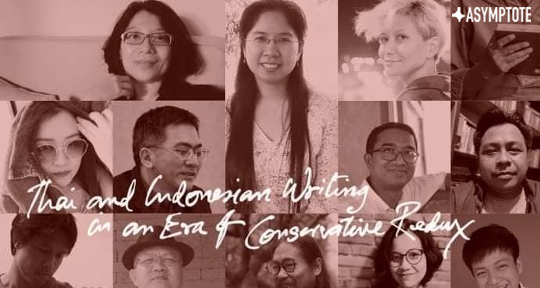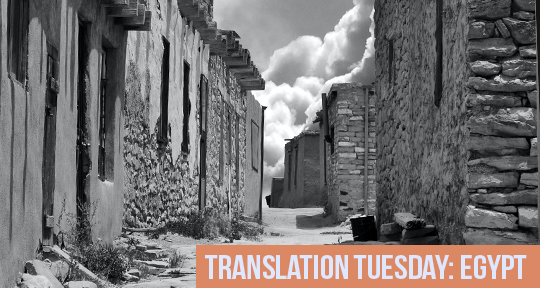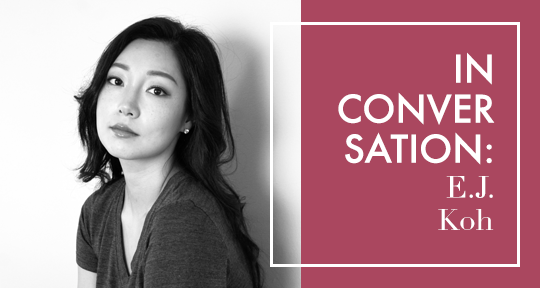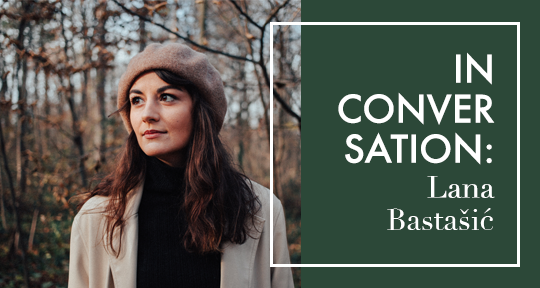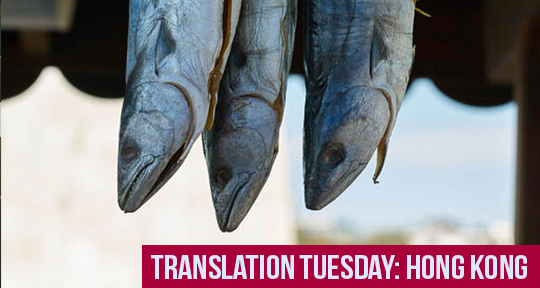This week’s Translation Tuesday features the titular short story from Eloy Tizón’s Velocidad de los jardines (The Speed of Gardens), which was chosen by El País as one of the hundred best books published in Spanish in the past twenty-five years. A tale of adolescence, the dramatic expansion of life’s possibilities, and its accompanying disappointments—Tizón’s narrator recalls an entire class and their fascination with the luminous Olivia Reyes. All this is told through Tizón’s finely wrought sentences which itself is a kind of spellbinding music. Hear from the translators about the peculiarities and pleasures of Tizón’s baroque style.
“Eloy Tizón is one of the most important baroque writers working in the Spanish language today. In his language, where the baroque tradition reigns supreme, mastering the baroque style is tantamount to mastering the style of the Spanish language tout court. There have been no shortage of competitors for this title on both sides of the Spanish-speaking Atlantic, and in the Iberian Peninsula, we find such luminaries of the baroque register: Gómez de la Serna and Francisco Umbra, followed by Cristina Fallarás and Juan Manuel de Prada. In these writers, who are equally as prominent fiction writers as they are columnists, we find in them an affected antiquarian prose, a contrarian bravado at the level of ideas, a curated brand of O.K.-Boomerism, with sudden tinges of chauvinism, misogyny, or anti-Trumpism—depending on the day.
Tizón is a stranger to this school. He is worthy of winning the baroque pennant—not that he would care—but he might not be playing the Spanish league. Though a stylist of excess, and a habitual contributor to newspapers, he has shaken off all remnants of regional scruff. His sentences abolish the habitual linguistic ostentation of his contemporaries; there is no old fogey gesturing in his work; he is not known to indulge in that strange form of Iberian competition that consists in piling up subordinate clauses and stringing consonantic polysyllables. This has to do with Tizón’s readings of Clarice Lispector and (I venture) Virginia Woolf. Like them, his style is elastic, image-heavy, allusive rather than exact in a pseudo-philologist kind of way. Like them, he knows when to surrender style to character. Like them, he knows the purpose of curlicues and filigrees: to entertain the reader and not the author’s vanity.
Praised by many of his contemporaries, perhaps the aptest compliment comes from Alberto Olmos, who once described his style as “pouring MDMA on the dictionary.” What dictionary, he didn’t say. Certainly not The Royal Spanish Academy’s.”
— Natalia Baizán de Aldecoa and Manuel Antonio Castro Córdoba
Many said the fun ended when we passed into eleventh grade. We turned sixteen, seventeen; everything gained an unsettling speed. Sciences or humanities was the first customs house, the first border crossed, separating friends like travelers commuting from one train to another, their luggage left somewhere between the snow and the porters. Classrooms disbanded. Javier Luendo Martínez broke up with Ana María Cuesta and Richi Hurtado stopped talking to the Estévez twins and María Paz Morago dumped her boyfriend and scholarship—in that order—and Christian Cruz was expelled from school after hurling a flask containing a fetus at the biology teacher.
Oh, yes; from class to class we towed Plato and something called hylomorphism that belonged to some forgettable school of thought. The Russian Revolution spread itself wide across our notebooks, and on page seventy-something the Tsar was executed between crossed-out scrawls. The economic causes of the war turned out to be complex, not what they look like by a long stretch, even if impressionism brought a fresh palette and a new idea of nature to painting. Mercedes Cifuentes was very fat and didn’t get along with anyone, but that year she came back crushingly thin and still didn’t get along with anyone.
It was a kind of hecatomb. Half the class fell in love with Olivia Reyes, at the same time or in turns. Every morning she came into the classroom, showered, barely powdered, it was a creaking and vulnerable vision that could hurt you if you dared think about it around midnight. Olivia always arrived forty-five minutes late, and until she made her appearance the syllabus was something dead, a waste, the teacher rambled on about Bismarck, as if painstakingly brushing his tailcoated corpse, the chalk repulsed. Her arrival resuscitated our desks. You couldn’t believe it, Olivia Reyes, something so sponge-like and scented, stepping into the classroom, laughing, providing us with her fabled profile, her light at the prow, you wouldn’t believe it, it hurt so much.
The first days of spring have an amazing air about them, unimaginable, you can’t tell where it comes from. This effect is heightened by the first sightings of summer clothes (the coats strangled in the closet until next year), of bare-armed students carrying decapitations and whole kingdoms inside their folders. We would walk into school through a great red-brick patio with the basketball courts outlined in white, a scrawny tree blessed us; we would jog up the double staircase, hurried on by the dean—who comprised a blonde moustache with a wholehearted dedication to cursing—and then the bell would ring, firing the starting signal to our daily race for wisdom and science. READ MORE…


